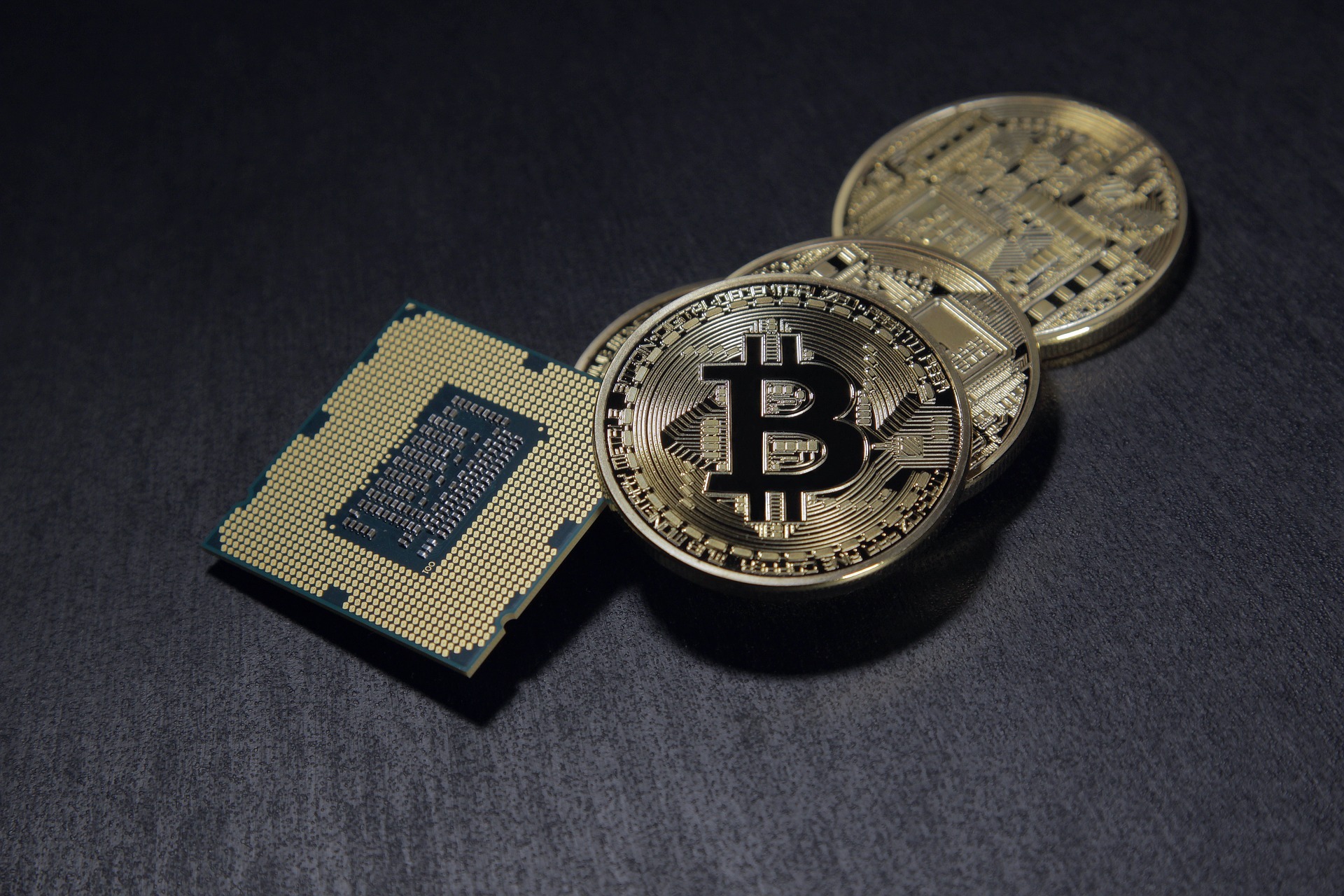Who is Satoshi Nakamoto? It’s a decade-old question that has gotten more and more attention since this mythical figure came up with the idea for Bitcoin and its underlying blockchain technology.
Bitcoin, the world’s newest and perhaps most controversial currency, turned 10 this month; prompting a wave of nostalgia and innumerable commentaries about its significance to the world.
Nakamoto proposed the idea to a cryptography mailing list in October 2008 and released the first bitcoin software in January 2009, and mined the first block of bitcoins, called the genesis block or block number 0, in which he embedded this text: “The Times 03/Jan/2009 Chancellor on brink of second bailout for banks.” It refers to a headline in The Times newspaper in London that is considered not only a timestamp for Bitcoin’s genesis but also a comment on the traditional banking system that the blockchain aims to disrupt.
And then, in 2010, Nakamoto vanished. Numerous investigations into his identity have produced a list of likely candidates but no one has been definitively identified.
We’re no closer to knowing who Nakamoto is, except they are worth about US$6.2bn based on the million or more bitcoins accumulated in his name since those early blocks were mined.
How close are we to knowing if his creation is as good as he foretold?
Late last year Bitcoin roared in value, from about $4,000 to almost $20,000 by December, before losing significant value and taking the shirts off many hapless investors who bought too late in the run. Having traded around $6,000 since August, Bitcoin last week crashed down to $5,549, its lowest since October 2017, which was just before its spectacular surge. Last week Bitcoin was down 70% from December’s high.

In that way, it’s not unlike many other digital investments. Some people likened it to the virtual equivalent of various property booms for previous generations, and the internet boom, then bust, of the early 2000s. The property boom for the millennials, as it were.
Some people made a lot of money. A lot of people lost a lot. Like the internet dotbomb, they blame the technology as much as the lack of business plan.
But Bitcoin has been a test case for new technology which is the real star of the show, the enabling blockchain.
Bitcoin has been successful as a cryptocurrency but it has been infinitely more successful as a proof of concept for the cryptocurrency. And proof of blockchain’s proponents’ aspirations that it is the distributed ledger of the future.
There is significant momentum across a broad range of applications for this kind of way of accounting for things to suggest blockchain does indeed have great potential. It has been likened to TCP/IP, which is the underlying data transfer technology that underpins the internet. It may be that big.
I suspect that ultimately Bitcoin may be a bit like Netscape, the first internet browser that allowed people to discover the internet. But after pioneering access to the world’s new primary organising technology, the Netscape browser was overtaken and is now only a distant memory. Let’s see about Bitcoin in another 10 years.
This column first appeared in Financial Mail